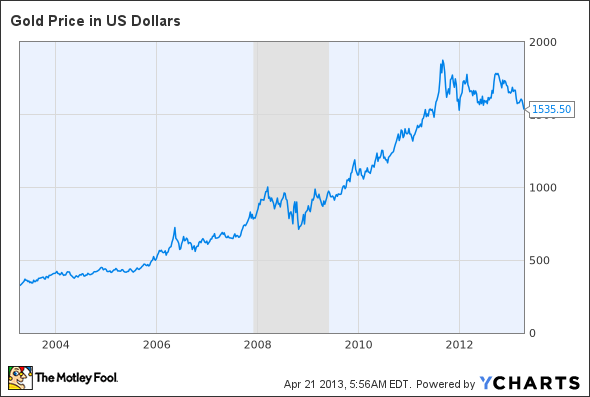For months, economists and the media have proclaimed that we are in full-recovery mode. While the markets were at record highs, unemployment had not improved, economic growth was stagnant and most corporate earnings had little to do with an increase in sales and revenue and were based on moves like laying-off thousands of people and shedding non-performing assets.
Last week, Goldman Sachs Group Inc. — one of those bullish outfits projecting enthusiasm — reversed its earlier upbeat message, saying that consumer spending is slowing down, which will likely have a negative impact on future growth. The significance is that most analysts and economists are coming to grips with the fact that the economic data doesn’t support stock-market valuations at these levels.
What economists and analysts failed to connect is the contrast between reality and the stock market — the low consumer spending, paltry economic growth, weak hiring by companies and reckless quantitative easing by the Federal Reserve while the stock market soared.
So, let’s look at everything Goldman Sachs (and many others) missed, and the chain of economic events.
The importance of consumption on the overall economy should not be overlooked. While in the economic cycle, it is production that comes first, as it provides the income necessary for individuals to consume, it is ultimately consumption that completes the cycle by creating the demand.
Despite repeated bailouts, programs, and interventions, economic growth remains mired at sub-par rates as consumers struggle in a low growth/high unemployment economy. Businesses, which have been pressured by poor sales, higher taxes and increased government regulations, have learned to do more with less. Higher productivity has led to less employment and higher levels of profits.
The dark side of that equation is that less employment means higher competition for jobs which suppresses wage growth. Lower wage growth and incomes means less consumption, which reduces the aggregate end demand. In turn, lower demand for products and services puts businesses on the defensive to “do more with less” in order to protect profit margins. Wash, rinse and repeat. This is why deflationary economic environments are so greatly feared by the Fed as that relationship between production and consumption is incredibly difficult to break.
I don’t believe that the current slowdown is just a “soft patch,” but is instead the end of the expansionary cycle that began in 2009. That belief is simply based on the fact that economies do not grow indefinitely but cycle between expansions and contractions.
In the current economic environment, where the consumer is caught in a balance sheet deleveraging cycle, economic contractions occur more frequently than they do under more normal economic conditions. This is not an indictment of fiscal or monetary policies, but simply a statement about the cycles of an economy.
So where does that leave us now and the remainder of 2013?
At some point, despite the ongoing interventions by the Federal Reserve, the stock market will revert to the underlying fundamental story which has been slowly deteriorating over time. The question that remains to be answered is simply how long can the Fed’s artificial intervention programs continue to elevate asset prices?
—
Click below for the full article.


